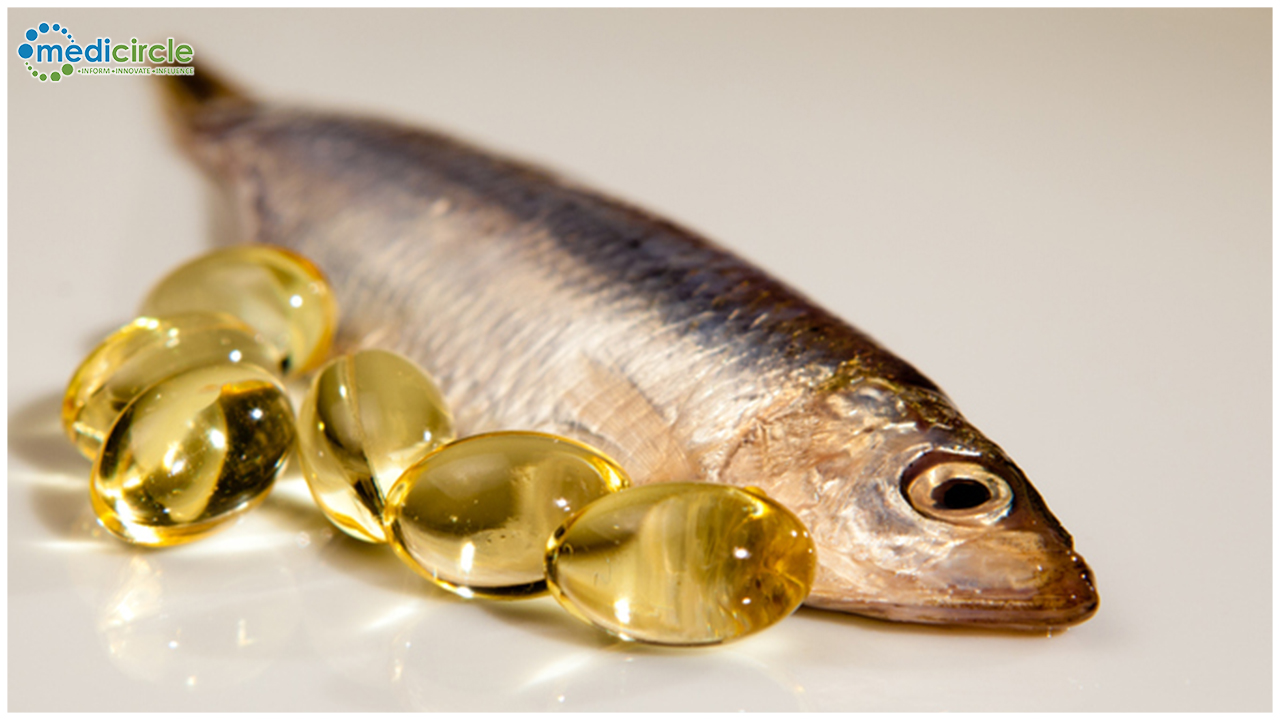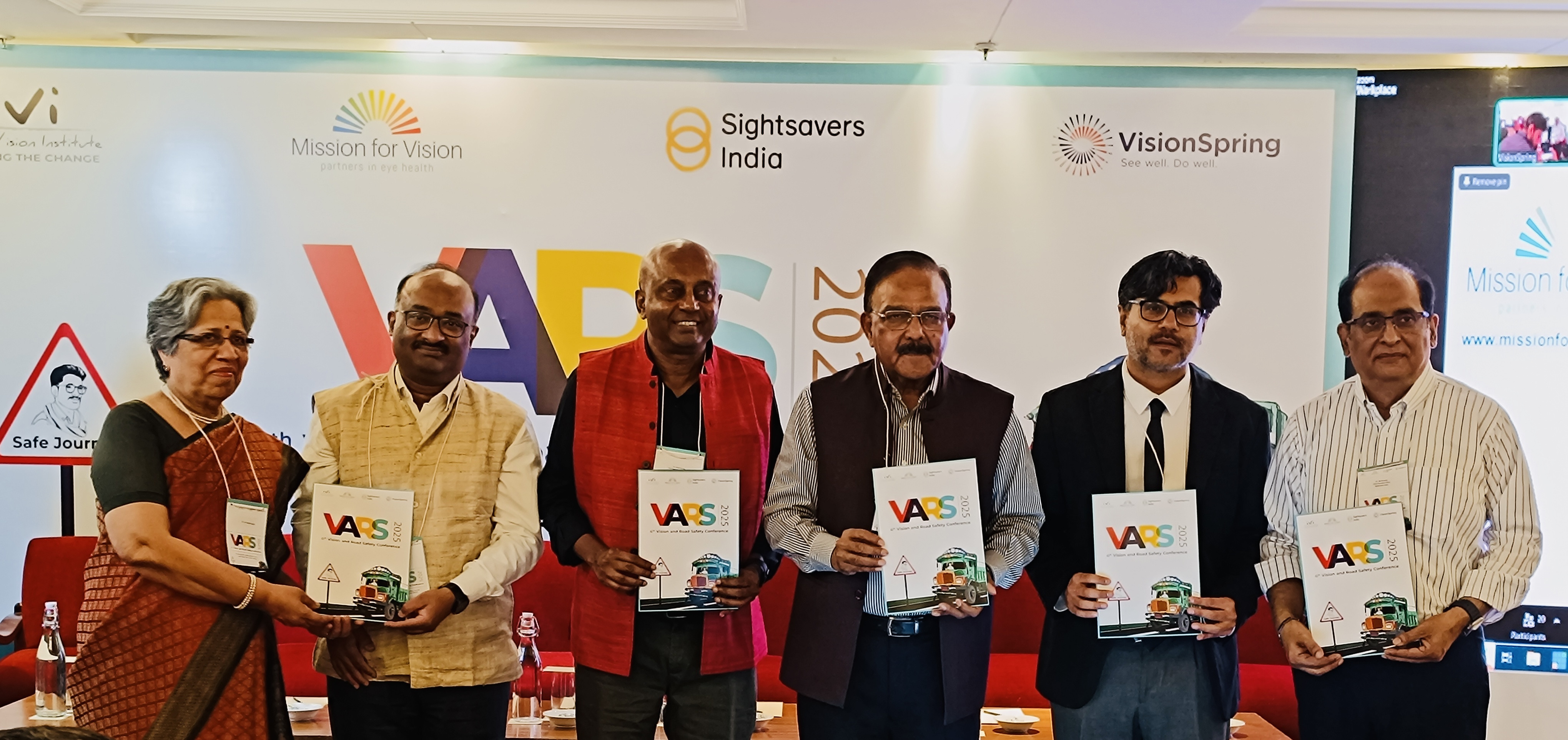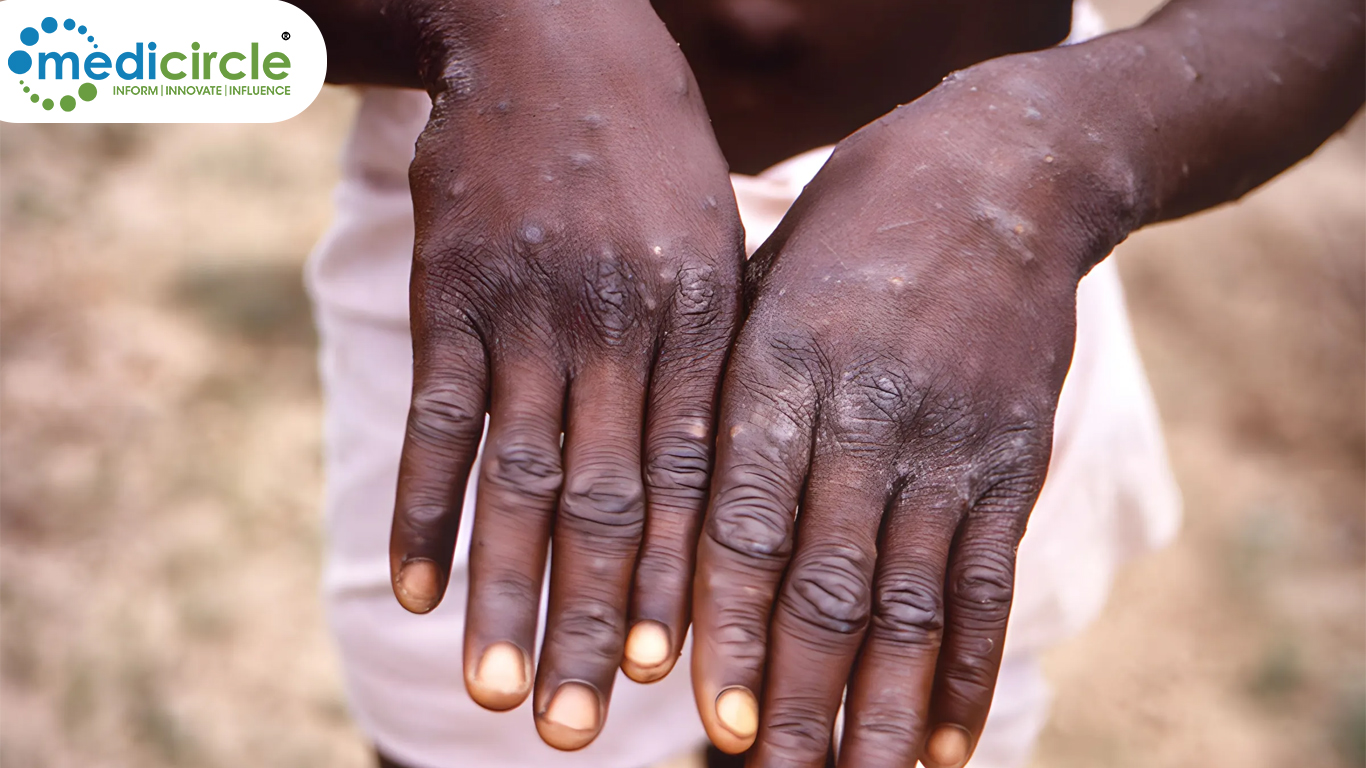Regular use of fish oil supplements may be linked to a lower risk of death and cardiovascular disease (CVD) events, such as heart attack and stroke, suggests an analysis of data from the UK Biobank study, published in The BMJ today.
Further studies should explore what dose is needed to achieve a clinically meaningful effect, say the researchers.
Fish oil is a popular dietary supplement in the UK and other developed countries. Some evidence suggests that omega-3 fatty acids in fish oil may help prevent cardiovascular disease and reduce mortality, but conclusive evidence is still lacking.
To explore these potential associations further, a team of researchers based in China and the US drew on data from the UK Biobank - a large population based study of more than half a million British men and women.
Their analysis included 427,678 men and women aged between 40 and 69 years old, without CVD or cancer, who were enrolled in the study from 2006 to 2010 and completed a questionnaire on supplement use, including fish oil.
Death certificates and hospital records were used to monitor deaths from any cause (“all-cause mortality”), CVD deaths, and CVD events, such as heart attack and stroke, through to 2018.
Almost a third (31%) of participants reported taking regular fish oil supplements at the start of the study.
The researchers found that fish oil supplements were associated with a 13% lower risk of all-cause mortality, a 16% lower risk of CVD mortality, and a 7% lower risk of CVD events (388 fewer all-cause deaths, 124 fewer CVD deaths, and 295 fewer CVD events per 100,000 people in a median follow-up of 9 years).
The association between fish oil use and CVD events appeared to be stronger among those with high blood pressure.
These favourable associations remained after taking account of traditional risk factors, such as age, sex, lifestyle habits, diet, medication and other supplement use.
Results were also unchanged after further analyses, suggesting that the findings withstand scrutiny.
Several mechanisms could explain these results, say the researchers. For example, omega-3 fatty acid supplements have shown beneficial effects on blood pressure, cholesterol levels, and heart rate, all of which would exert a protective effect against the development of CVD events.
Despite the large sample size, this is an observational study, so can’t establish cause, and the researchers point to some limitations, such as lack of information on dose, duration, and side effects of fish oil use.
But they conclude that habitual fish oil use “is associated with a lower risk of all-cause and CVD mortality and a marginal benefit against CVD events among the general population.
Future studies are needed to address the extent to which the dose of fish oil supplements influences the ability to achieve a clinically meaningful effect,” they add.

 Further studies should explore what dose is needed to achieve a clinically meaningful effect
Further studies should explore what dose is needed to achieve a clinically meaningful effect







.png)
.png)











.jpeg)

.jpeg)










.jpg)




.jpg)

